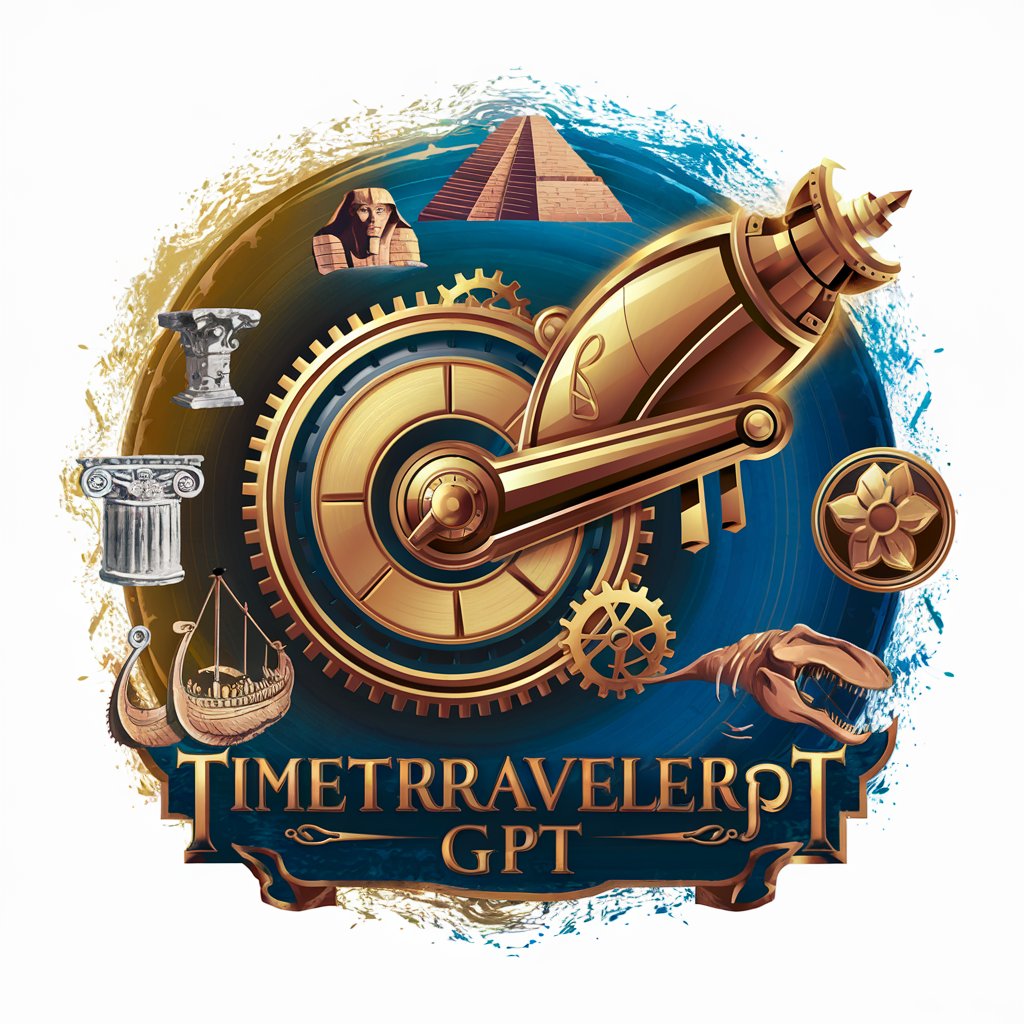Lua - Versatile Scripting Language

Hello! I'm here to help you master Lua programming.
Empower your code with AI-driven Lua scripting.
Create a Lua script that initializes a table with key-value pairs and iterates over it to print each key and value.
Write a Lua function that takes a string and returns the number of vowels in it.
Develop a Lua script that demonstrates the use of metatables to override the addition operator for custom objects.
Show how to use Lua coroutines to simulate a simple producer-consumer scenario.
Get Embed Code
Introduction to Lua
Lua is a powerful, efficient, lightweight, embeddable scripting language designed for extending applications. It supports procedural, object-oriented, functional, data-driven, and data description programming styles. Lua combines simple procedural syntax with powerful data description constructs based on associative arrays and extensible semantics. Lua is dynamically typed, runs by interpreting bytecode for a register-based virtual machine, and has automatic memory management, making it ideal for configuration, scripting, and rapid prototyping. A notable aspect of Lua is its small footprint, making it well-suited for embedded systems, games, and applications where performance and resource constraints are critical. For example, game developers use Lua to script game logic and user interfaces, while embedded systems developers leverage it for configuring software and hardware. Powered by ChatGPT-4o。

Main Functions of Lua
Tables
Example
local player = {name = 'John', score = 100}
Scenario
Tables serve as the sole data structuring mechanism in Lua, resembling arrays, dictionaries, or lists found in other languages. They're used extensively for configurations, storing game states, or any structured data manipulation.
Coroutine Support
Example
coroutine.create(function () print('Hello World') end)
Scenario
Coroutines allow for cooperative multitasking within Lua scripts, useful in game development for scripting complex AI behaviors or in web applications for managing asynchronous tasks without blocking.
Metatables and Metamethods
Example
setmetatable({}, {__index = function (table, key) return 'default' end})
Scenario
Metatables allow users to change the behavior of tables, including how operations like addition or indexing work. They enable object-oriented patterns, operator overloading, and can be used to implement inheritance and encapsulation.
Automatic Memory Management
Example
local a = {}; a = nil -- Lua's garbage collector cleans up
Scenario
Lua's built-in garbage collector automates memory management, freeing developers from manual memory allocation and deallocation. This is crucial in long-running applications to prevent memory leaks.
Lua C API
Example
Creating a Lua state in C with luaL_newstate()
Scenario
The Lua C API allows for embedding Lua into C/C++ applications, providing a bridge between Lua and the host application for extending functionalities, customizing behaviors, or exposing system libraries to Lua scripts.
Ideal Users of Lua
Game Developers
Game developers find Lua invaluable for scripting game logic, level design, and UI/UX elements without heavy performance costs, benefiting from Lua's flexibility and the ease of embedding it into game engines.
Embedded System Developers
Developers working on embedded systems utilize Lua for its small footprint and efficiency, scripting device behaviors or user interfaces in environments with limited resources.
Web Developers
Web developers use Lua, especially with LuaJIT, for high-performance back-end scripting. It's often used in web servers like OpenResty for handling HTTP requests with minimal latency.
Software Engineers
Software engineers leverage Lua for rapid prototyping and scripting in larger applications, enjoying the simplicity of integrating Lua with existing C/C++ projects to provide flexible scripting capabilities.

How to Use Lua
1
Start your Lua journey by exploring the tool at a dedicated online platform like yeschat.ai, offering a hassle-free trial without the need to log in or subscribe to any premium plans.
2
Install Lua on your system by downloading it from the official Lua website. Ensure your environment (Windows, macOS, Linux) meets the prerequisites for installation.
3
Familiarize yourself with the Lua syntax and basic programming concepts through the official documentation or comprehensive guides available online.
4
Experiment with Lua by writing simple scripts to automate tasks, manipulate data, or develop games. Utilize an integrated development environment (IDE) or text editor that supports Lua.
5
Join Lua community forums and discussion boards to share your projects, get feedback, seek assistance, and stay updated on Lua's best practices and latest features.
Try other advanced and practical GPTs
Bigsby Brewscribe
Bringing History to Your Coffee Talks

Business Execution Expert
Empowering Business Strategies with AI

Mean Design Advisor
Sharpen Your Design with AI Wit

BeroepsEthiek Expert
Navigate Psychology Ethics with AI

Asistente para Psicólogos Clínicos
Empowering Psychologists with AI

Guidance Guru for the Evolving School Psychologist
AI-driven School Psychology Support

SEO Optimizer
Amplify Your Reach with AI-Powered SEO

CFIR expert
Empowering Research with AI-driven CFIR Insights

Vector
Enhancing your text, with AI power.

Viajante do tempo (Time Traveler)
Explore history with AI-driven insights.

MangaMatrix
Revolutionize Your Manga Experience with AI

Ma Serie A
Elevating Serie A Experience with AI

Lua Q&A
What is Lua primarily used for?
Lua is a powerful, lightweight scripting language used for embedded systems, game development, web applications, and as a general-purpose automation and extension language.
How can I integrate Lua with C/C++?
Lua can be embedded into C/C++ applications by including the Lua source code in your project and using the Lua API to communicate between Lua scripts and the host application.
What makes Lua suitable for game development?
Lua's fast execution, easy integration with C/C++, and minimal runtime footprint make it an ideal choice for game scripting, allowing developers to rapidly prototype and modify game behavior.
Can Lua be used for web development?
Yes, Lua can be used for web development through frameworks like Lapis and OpenResty, which leverage Lua for server-side scripting to build efficient and scalable web applications.
What resources are recommended for learning Lua?
The official Lua website, Programming in Lua (book), and online tutorials are great starting points. Engaging with the Lua community through forums and open-source projects also enhances learning.
